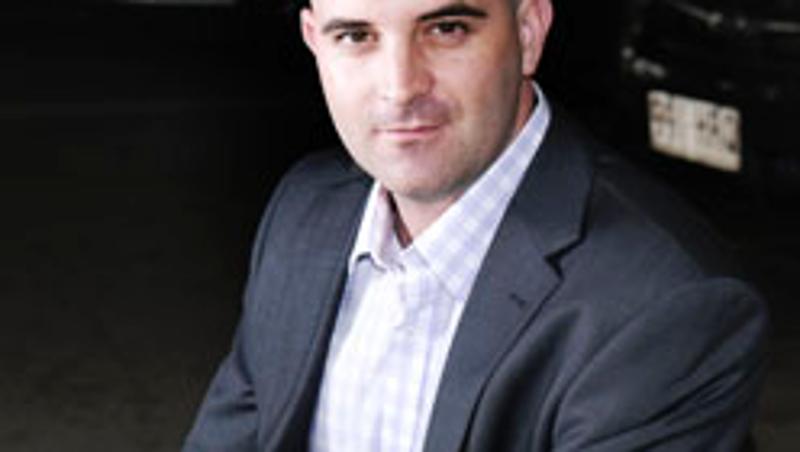
Major QUT research aimed at improving passengers' experience in Australia's airports by optimising the many vital airport operations from check-in and shopping to security and safety, has received a $1.3 million boost from Siemens Global.
Queensland University of Technology's (QUT) research in airport operations and command and control has received a one million Euro (AU$1,361,000) investment from Siemens to purchase Vantage, the company's leading software platform for command and control of critical infrastructure and incident response management.
QUT's Faculty of Built Environment and Engineering executive dean Professor Martin Betts said QUT was excited to explore and further develop the future capabilities of such command and control systems.
"In the airport scenario, we see a great opportunity for these systems to interface directly with the passenger to improve their experience. We also see a real need to develop more advanced performance management approaches for the airport operators and government agencies involved," Professor Betts said.
QUT's Airports of the Future technical director Dr Clinton Fookes said the Vantage platform would act as a massive Airport Data Repository.
"It will allow us to develop and enable not only the practical integration of the various research programs but also to put them into action in future operational systems," Dr Fookes said.
"This collaboration with Siemens opens up avenues for commercialisation and knowledge transfer of new technologies to smooth processes such as security and border control, and safety to enable the high through-put of passengers that busy international airports require."
Siemens Global head of Security Solutions Frank Pederson, visited QUT this week, after Siemens committed to the funding of software licences, training and support, and subsidised equipment.
Mr Pederson said the new equipment would provide airports with huge cost savings and a more systematic approach to security and safety while assisting passengers to have a more positive experience.
"One of the major benefits of this technology is the fact that passengers are able to track their information as part of a totally integrated whole-of-airport system - straight from their smart phones," Mr Pederson said.
"This system will bring a significant increase in the streamlining of passenger flows, reduction in costs and, most importantly, a greater capacity to monitor security operations within the airport."
Dr Fookes said part of the investment from Siemens was subsidised equipment for a command and control research facility, required for QUT's recently awarded LIEF grant (Linkage Infrastructure Equipment and Facilities), that will form part of the university's new Science and Technology Precinct.
"This facility will allow QUT to test and develop system-wide research solutions in a live but non-critical environment before being delivered to our various stakeholders," Dr Fookes said.
The Airports of the Future is a four-year international collaborative research project spanning seven interrelated research programs: Business Process Management; Business Continuity and Incident Response Management; Human Systems; Identity Management; Intelligent Surveillance; Airport Information Modelling; and Complex Systems.
The project is led by QUT's Professor Prasad Yarlagadda and aims to explore the complexity of modern airports, particularly addressing conflicts between aviation security and the passenger experience and provide potential solutions.
"At the moment air passengers spend a lot of time at the airport queuing to meet check-in, security and other government requirements, hence their satisfaction with the experience is low. These inconveniences are set to increase with the growth in air travel so the need for a whole-of-airport system that goes beyond improved security is pressing," Prof Yarlagadda said.
"QUT Airports of the Future research is world-leading in that it aims to balance the commercial interests of airports with the full range of government requirements, airline safety, shareholder interests and, most importantly, the satisfaction of air passengers."
Prof Yarlagadda strongly acknowledged the support from the Australian Research Council and the other LIEF grant participants in the University of Technology Sydney and the University of Melbourne for making this opportunity possible.
Media contact: Niki Widdowson, QUT media officer, 07 3138 1841 or n.widdowson@qut.edu.au.


